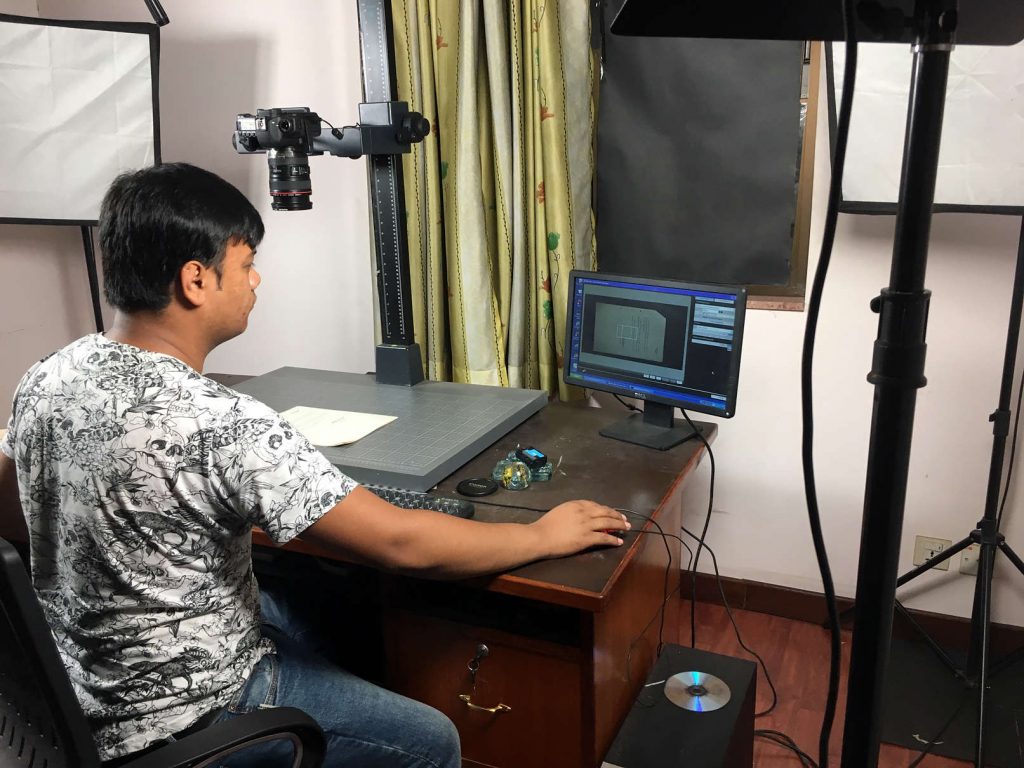ニジェール国ニアメ市における 家庭ゴミの処理と再生
対象とする問題の概要 ニジェールの首都ニアメでは2019年7月のアフリカ連合総会など国際イベントに合わせてインフラ整備が急速に進んだ。首都の美化は政治的優先課題に位置づけられ、政府が主導する大プロジェクトとなり、街路に蓄積していた廃棄物は…

Nepal is as one of the least developed countries with the lowest per capita income and human development index, and it has been engaging with Japan as an Official Development Assistance (ODA) recipient country since it established diplomatic relations with Japan in 1960s. Grant and loan aid began soon after the opening of the embassy in Kathmandu in 1969. In the 1970s, Japan also began providing technical cooperation. Since then, the government of Japan and the Japan International Cooperation Agency (JICA) have been involved as development partners in the human resources and socioeconomic development of Nepal by providing loans, grants, and technical assistance. Japan emerged as Nepal’s largest bilateral donor from the 1980s to the early 2000s, accounting for more than one-third of all funds that Nepal received from foreign loans and grants. Japan has been a good friend to Nepal for centuries and its cooperation is meaningful, but currently the actors who are establishing relationships between the two countries seem to be passive. I wish to identify these actors and further cement the strong relationship between Japan and Nepal.
The purpose of this research was to analyze Japan’s ODA program and its role in a development partnership with Nepal. The study also focused on the Nepal–Japan relationship since the establishment of diplomatic relations, identifying the different actors those who have been playing vital roles to strengthen diplomatic and bilateral relations between Nepal and Japan.

I visited Nepal for a second round of fieldwork from August 3–30, 2018. Initially, I conducted interviews with some Nepalese and Japanese individuals who have in-depth knowledge of Nepal–Japan relations. Similarly, I collected primary and secondary data from the Office of the Investment Board, the government of Nepal’s Ministry of Foreign Affairs, the Central Library of Tribhuvan University, and the National Archives of Nepal.
I learned that there are about 23 Japanese organizations that have been engaging or working in partnership with governments and NGOs/INGOs as donor agencies to uplift rural communities in Nepal. During my fieldwork, I visited one of the local NGOs known as Love Green Nepal (LGN), based in Lalitpur District (one of the three districts in Kathmandu Valley). This NGO has been working with a few Japanese organizations, such as Love Green Japan (LGJ), the Asia Women and Children Education Foundation, and the Japan Teachers Union, as its donors. My interaction with authorities at LGN found that citizen participation is increasing between the two countries through active engagement by NGOs.
Coincidently, I had an opportunity to observe the annual gathering of the Japanese Nationals Association of Nepal, held at Kopundole Banquet restaurant in Lalitpur, in the presence of Japan’s ambassador to Nepal, H.E. Mr. Masamichi Saigo, and JICA’s chief representative, Mr. Jun Sakuma. Everyone was singing and dancing, enjoying Japanese cuisine, and engaging with locals and especially Nepalese who graduated from Japanese universities. Such cultural socialization programs foster personal relationships between people in Nepal and Japan.
I will write my pre-doctoral dissertation based on the results of this and previous fieldwork. I will also conduct further research to explore the role of public/citizen diplomacy in Nepal–Japan relations.
Copyright © 附属次世代型アジア・アフリカ教育研究センター All Rights Reserved.